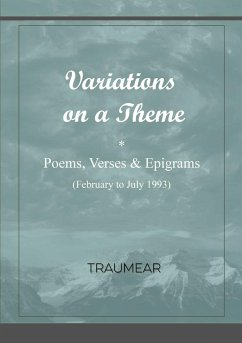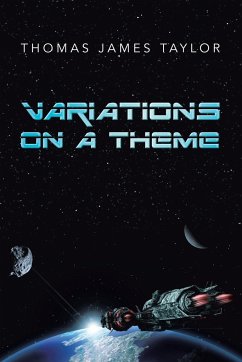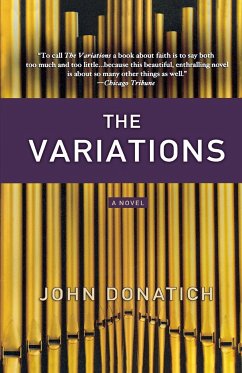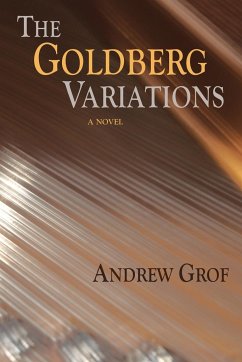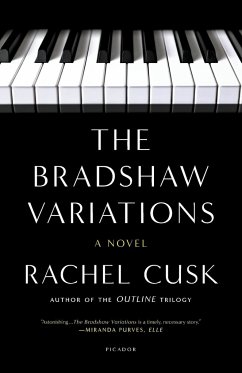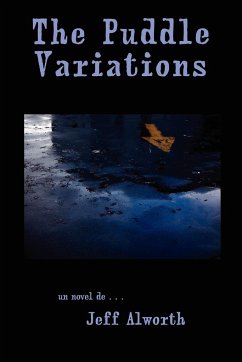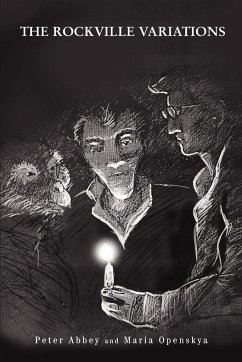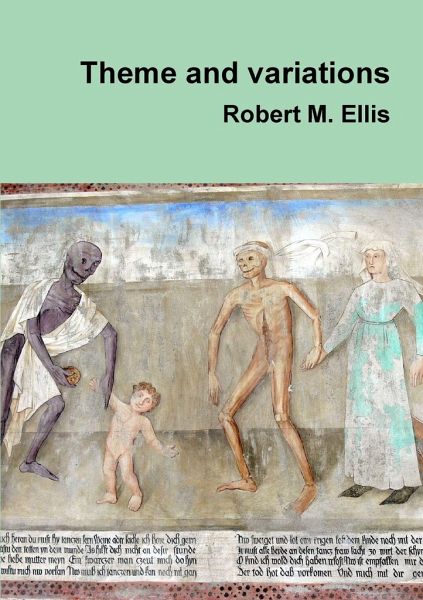
Theme and variations
Versandkostenfrei!
Versandfertig in 1-2 Wochen
14,99 €
inkl. MwSt.

PAYBACK Punkte
7 °P sammeln!
A furious woman with a dead baby haunts thinkers through the ages, from the Buddha and Jesus to Descartes, Hume and Jung. Her questions to them all are similar: Why am I suffering? Do I deserve this? Why is it allowed? Why do women particularly have to suffer like this? Can the baby be brought back to life? The answers, however, vary greatly. A practising philosopher who is also an amateur musician, Robert M. Ellis here turns to fiction to explore death, suffering and gender relations. The 'theme' from a Buddhist story is developed in a variety of styles and formats, as in a musical theme and ...
A furious woman with a dead baby haunts thinkers through the ages, from the Buddha and Jesus to Descartes, Hume and Jung. Her questions to them all are similar: Why am I suffering? Do I deserve this? Why is it allowed? Why do women particularly have to suffer like this? Can the baby be brought back to life? The answers, however, vary greatly. A practising philosopher who is also an amateur musician, Robert M. Ellis here turns to fiction to explore death, suffering and gender relations. The 'theme' from a Buddhist story is developed in a variety of styles and formats, as in a musical theme and variations.





